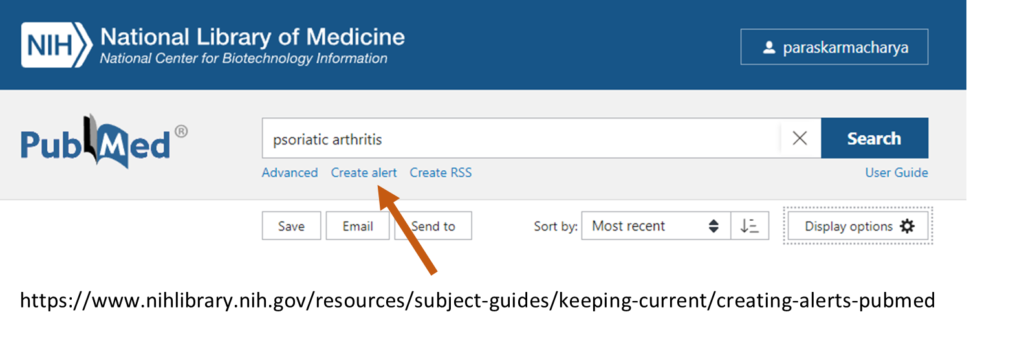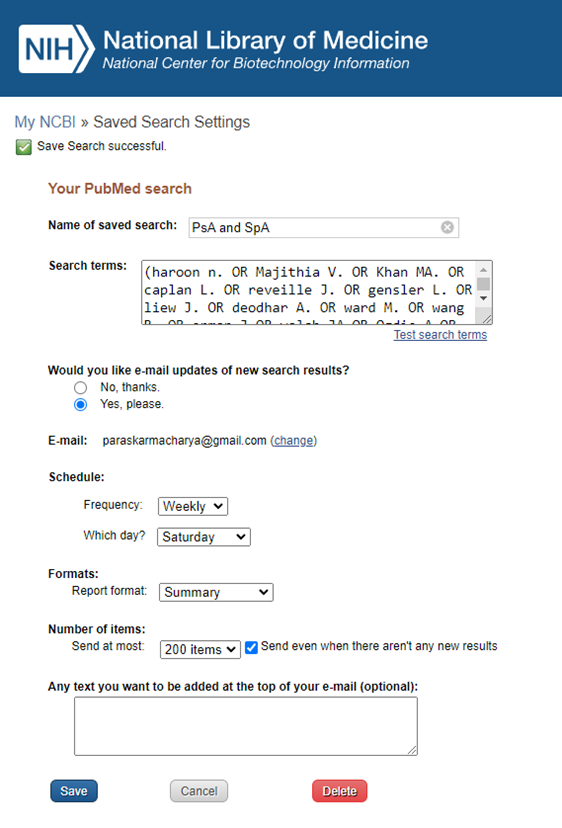In the ever-evolving field of clinical research, staying ahead requires a steady stream of fresh ideas and insights. But how can you ensure a constant influx of inspiration without burning out? Over the years, I have developed a strategy that helps me continuously gather and synthesize ideas from various sources, ensuring I’m never short of ideas for my next research project.
Today, I’m sharing my formula so you can build your own inspiration hub and upscale your research productivity.
Capture What Resonates
The first step in creating an inspiration hub is to capture useful information from various sources such as articles, patient interactions, meetings, podcasts, and tweets.
Focus on what truly resonates with you. Avoid information overload. The goal is not just to consume information but to create a perspective and novel insights in your field.

Slow burn vs. Heavy lift
Make capturing ideas a regular habit instead of waiting for inspiration to strike. This avoids the frantic rush when starting a new project, ensuring you begin with an abundance of insights. Personally, I do this at least one hour weekly in the mornings.
Balancing “heavy lifts” – intense, grueling sessions – with “slow burns” – a gradual accumulation of ideas over time – is crucial. By consistently gathering and organizing ideas, you can start projects with a rich collection of insights ready to be combined.
What to consume? Your inputs
“Garbage in, garbage out.” You need to be extremely mindful of what information you consume- fill your inspiration hub with the right stuff.
1) Your virtual mentors
Not everyone starting out has the luxury of having experts as mentors. This is where virtual mentors come in.
Marcel Duchamp said, “I don’t believe in art. I believe in artists.” Instead of trying to read everything about your discipline at once, find one to three people whose work resonates with you. These people can serve as your virtual mentors.
Even if you have never met, reading important studies, literature reviews, following tweets, and threads on social media, and watching or listening to lectures and podcasts from experts in your field is like having an intimate conversation with the leaders in your field. Austin Kleon, in his inspirational book “Steal like an Artist,” recommends making a family tree of mentors whom you can follow.
2) Automate literature review
Stay up to date with important findings and trends in your field. This is essential. Research ideas reside in arguments, conflicts, and unresolved scientific debates.
One can automate this process by setting up personalized alerts on PubMed. This ensures you receive the most current research directly in your inbox, helping you stay informed effortlessly.
Tips:
- Set aside a time weekly (at least an hour) to review the literature in your field
- Use highlighter browser extensions, eBook highlighters, an web clippers (Readwise, Notion saver) to capture content that resonates or enlightens
- Steps to set up weekly PubMed alerts:
- Go to PubMed and enter your search terms.
- Click on “Create alert.”

- Sign in or register for a new NCBI account (if you don’t have one yet).
- Save the search and set the frequency and day for email results. For example, I have set up alerts to receive publications from experts in my field every Saturday usually containing about 3 to 5 papers).

For more on how to create a hub for ideas, see my previous post on the power of a common place book.
3) Find Your Herd
Meetings and conferences in your field are the best places to meet experts in person. The best time to approach someone you admire could be right after their talk. If this is someone you would like to work with, reach out with what you can offer, not what you want. See my post about the dos and don’t of approaching a mentor here.
If you can’t make it to conferences in person, most offer a virtual option. While not ideal for networking, it’s still a good way to stay updated with what’s happening in your field. People often present their studies as meeting abstracts before publishing their manuscripts.
In Summary, building an endless inspiration hub involves capturing resonant ideas, staying updated with literature, and balancing slow burns with heavy lifts. Over time, these will become your constant source of insights.
This Week’s Action Step:
Create a regular habit to capture what resonates with you. Find three experts in your field, set up your PubMed alert, and find some conferences to go to.

That’s it for today. See you next week with more tips to boost your research game!